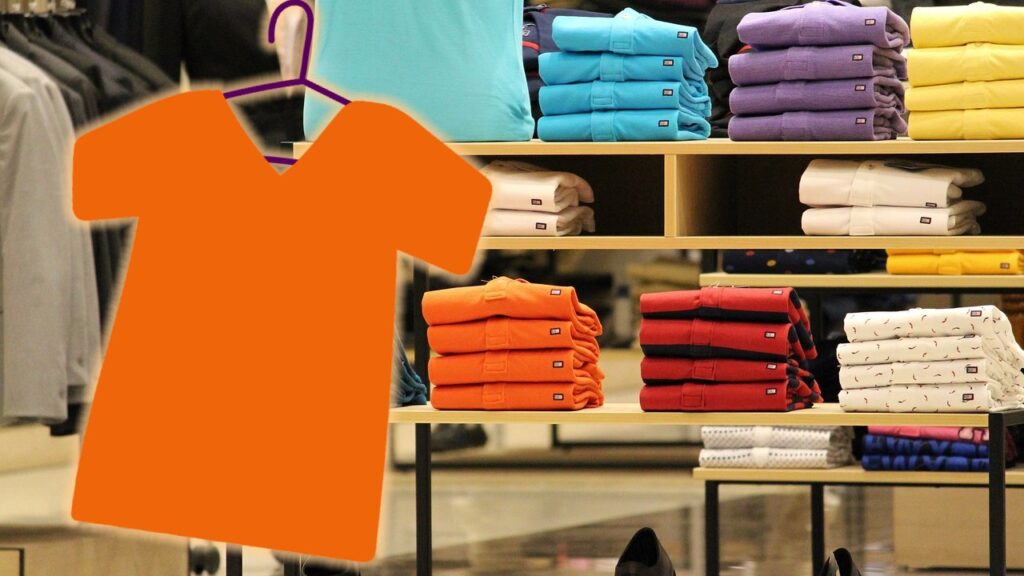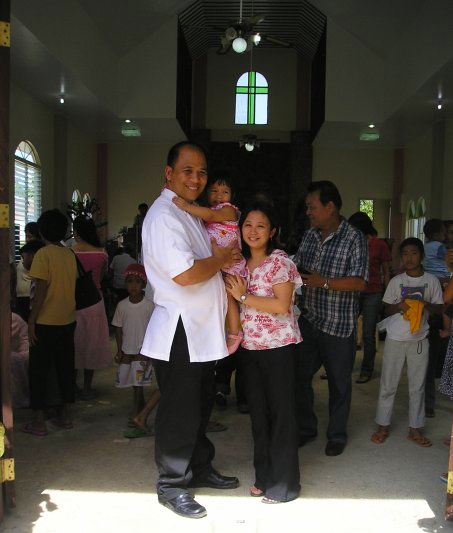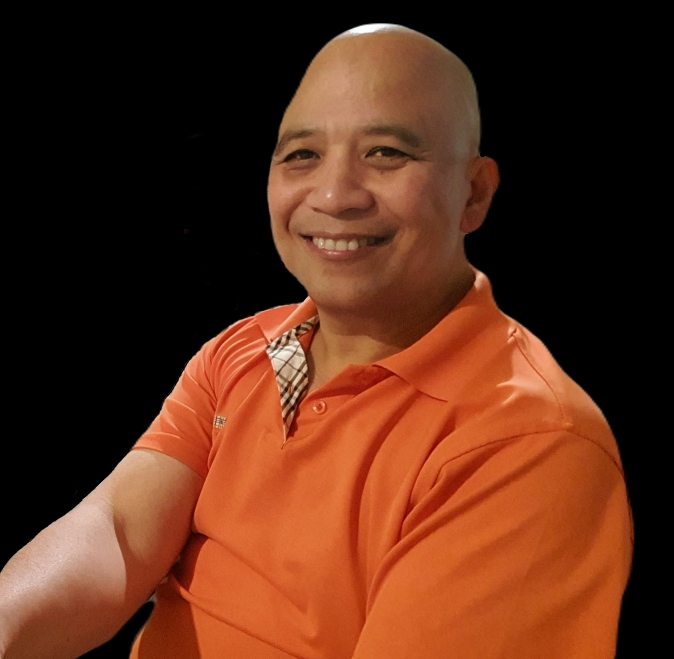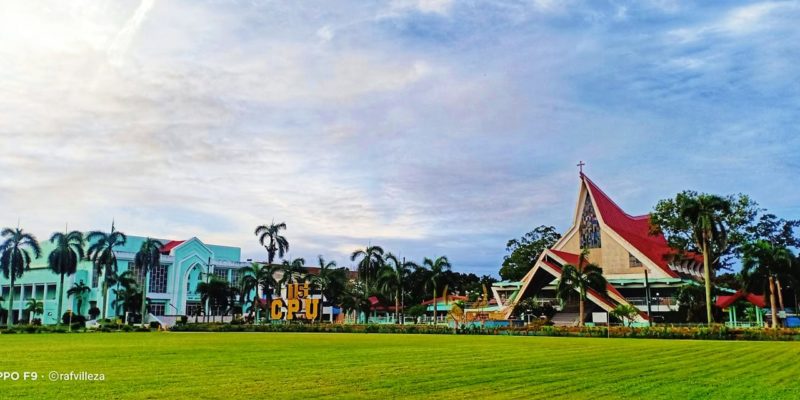The integrity of the upright guides them, but the unfaithful are destroyed by their duplicity (Proverbs 11:3).
Many people are attracted to expensive things because they believe they carry certain values and reputations that society attributes to their owners. However, my values are grounded differently.

Growing up as pastors’ kids, we learned that hard work, patience, honesty, and integrity are the solid foundations for a successful life. If these values allowed us to own expensive things, they would be a bonus.
I was apprehensive about blogging about these memorable shirts of mine because who would be interested in reading about two simple shirts?
But then I realised that I have friends who value the simple things in life that inspire and encourage, so I wrote this.
I had the opportunity to own two shirts that had a profound and lasting impact on my life. I got them many years ago. I hardly wear them now because they showed signs of being worn out, and I want to preserve them as a remembrance.
Let me share with you the story behind these shirts, which I treasure deeply.
Shirt No. 1 – Nong Budok’s orange shirt
Nong Budok was my neighbour; his house and construction compound were a few metres from the New Testament Baptist Church I was pastoring in Iloilo City, Philippines, from 2002 to 2004.
Because he and his family are members of a bigger church in the city, they attended worship services with us occasionally.
However, being a pastor nearby, he invited me to speak during the New Year’s Eve service he held with his family and employees. He’s into the construction business as a heavy equipment contractor.
I concluded my pastoral work with New Testament Baptist Church at the end of 2004 and started working at Central Philippine University (CPU) in January 2005.
A few months later, around October, Nong Budok invited me to be the Thanksgiving speaker at their home church in Calinog, a town in Iloilo Province. I readily accepted.

A few days after I spoke at their church, I was surprised to see Nong Budok coming to see me at our house at CPU Campus. He apologised for forgetting to give me the church’s love gift for speaking at their church. In addition to cash, he gave me an orange shirt.
Nong Budok said in Kinaray-a language, “Pastor, may diya ko nga brand new nga T-shirt itao ko kanimo. Darwa lang kamo ni Doc Glenn nga may amo kadya.” (Translation – Pastor, I want to give you this brand new T-shirt. Only you and Doc Glenn have this brand of shirt.)
I thanked him for his generosity and for taking the time to bring his gifts to the house. Because I’m not brand-conscious and grew up in a simple rural pastor family, I identify Nong Budok’s shirt as the “orange shirt.”

I noticed that it attracted people’s attention each time I wore it. People marvelled at the bright orange colour and expressed how beautiful my orange shirt was.
Because of my past experiences with a few people on the CPU campus, I avoided encountering brand-conscious people whenever I wore my orange shirt.
In the late 1990s, while finishing my Bachelor of Theology at the CPU campus, I had to prove the authenticity of the grey cargo shorts that my brother gave me. I felt bad at that time because the person made me feel I didn’t deserve to wear expensive things.
I wasn’t aware of what brand it was until a fellow pastor who became known as a brand connoisseur and was known for his “brand-conscious” ways approached me and “appreciated” my branded cargo shorts.
He wondered whether it was genuine. He checked the label, touched the logo, and examined the clothing. He asked if I kept the authenticity label. He asked how much it cost me as it would reveal if I got the authentic one.
I told him I didn’t know, but my brother told me he bought it from an authorised supplier, and I got it new. He said that I should have kept the authenticity label. I was almost at my wit’s end, but I held up and said, “I don’t really care about brands as long as I have something that keeps my decency.”
When I wore my orange shirt in Timaru, New Zealand, my colleagues in the office and church complimented me.
A few years ago, I wore it when my friend and I went to Coffee Culture, Timaru. Lining up to order, a staff member passed by us, but she suddenly stopped, turned around, and told me, “I like your shirt. It’s beautiful.”
The orange shirt must have been made of premium materials because, after almost two decades, the colour is still bright, although the fabric shows telltale signs of wear and tear. I don’t wear it anymore to preserve it.
I am thankful for the accolades I received for wearing the orange shirt. I wish I had the time to tell them the story behind it.
It is so special and beautiful because the giver took the time to come to our house and give it to me. He could wear it himself, buy a different one, and instruct one of his employees to bring it to me.
It is so special because Nong Budok said only two people own that shirt. It doesn’t matter whether the exclusivity and uniqueness of owning the shirt were only bounded by the CPU campus or the community. How he gifted me made the gifts very special and valuable.
The true beauty of a shirt doesn’t come from its brand but rather from the values of the person who gave it and the person who wears it. Remember, the qualities that make us divine truly make us stand out, not the labels we wear.
When I learned that Nong Budok had passed away in 2016, the orange shirt he gave me became more precious and memorable in my heart and mind. May the Lord continue to bless his family.



Toto Jonan dear,
Many thanks for sharing your story. It is so wonderful that you shared your story because you open the door for others to feel free to share and have a voice. I am so sure that sometimes our story is like a launching pad from which other stories and voices are launched. May God bless you more each day as you share God’s gift of gab! Love you dear! Manang May